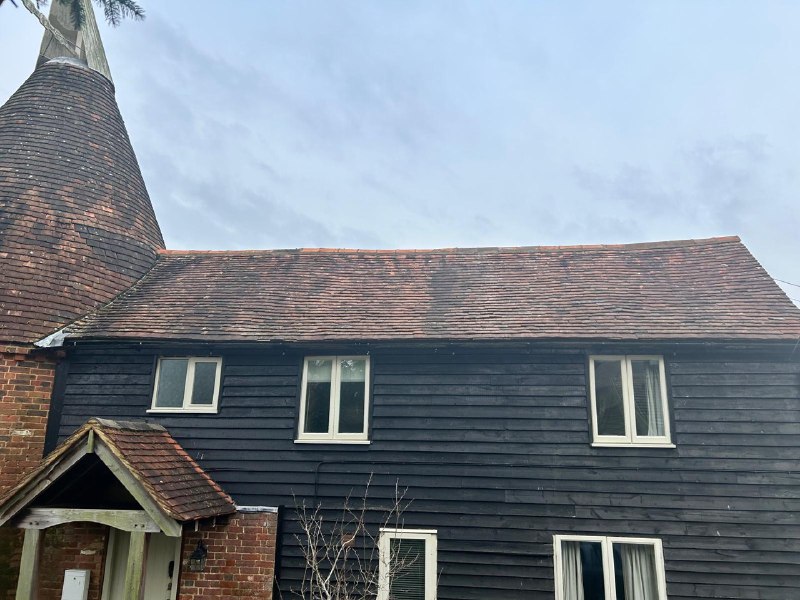Maintaining Roof Integrity: Tips for Preventing Slipped Tiles in Commercial Buildings
Introduction: The roof is one of the most critical components of any commercial building, protecting it from the elements and ensuring the safety and comfort of occupants. Slipped tiles can compromise the roof’s integrity, leading to water infiltration, structural damage, and costly repairs. Conducting routine maintenance is essential for preventing slipped tiles and preserving the roof’s longevity. In this blog post, we’ll explore valuable tips for commercial building owners and managers to conduct effective maintenance and minimise the risk of slipped tiles.
Schedule Regular Inspections:
- Regular roof inspections are crucial for identifying potential issues before they escalate into major problems. Schedule inspections at least twice a year, preferably in the spring and fall, to assess the roof’s condition and detect any signs of damage or deterioration. Pay close attention to areas prone to slipped tiles, such as roof edges, valleys, and areas with high foot traffic. Addressing minor issues promptly can prevent them from escalating into more significant problems.
Check for Loose or Damaged Tiles:
- During roof inspections, carefully examine the condition of the roof tiles to identify any signs of loosening, cracking, or damage. Loose or damaged tiles are more susceptible to slipping, especially during severe weather conditions. Use caution when walking on the roof surface to avoid causing additional damage. Replace any compromised tiles promptly to maintain the roof’s integrity and prevent water infiltration.
Maintain Roof Drainage Systems:
- Proper drainage is essential for preventing water buildup on the roof, which can weaken the underlying structure and contribute to tile slippage. Keep gutters, downspouts, and drainage channels clear of debris, leaves, and other obstructions that could impede water flow. Ensure that roof drains are functioning correctly and free of blockages. Regularly clean and inspect drainage systems to prevent water-related issues that could compromise the stability of the roof tiles.
Address Vegetation Growth:
- Vegetation growth on the roof can pose a risk to the roofing system’s integrity, including causing tiles to become displaced or dislodged. Keep trees, branches, and overhanging vegetation trimmed to prevent them from coming into contact with the roof surface. Remove any moss, algae, or other plant growth that may accumulate on the roof tiles, as these can create moisture traps and contribute to tile slippage over time.
Invest in Professional Maintenance:
- While conducting routine maintenance tasks is essential, investing in professional roof maintenance services can provide added assurance and expertise. Roofing professionals have the skills, knowledge, and equipment to conduct thorough inspections, identify potential issues, and perform necessary repairs or maintenance tasks. Consider partnering with a reputable roofing contractor to develop a comprehensive maintenance plan tailored to the specific needs of your commercial building.
Conclusion: Preventing slipped tiles in commercial buildings requires proactive maintenance and regular inspections to promptly identify and address potential issues. By following these tips and investing in professional maintenance services, commercial building owners and managers can safeguard the integrity of their roofs, minimise the risk of tile slippage, and ensure the long-term durability and performance of their roofing systems.
Call us on: 01933 823 229
Click here to find out more about DSC Roofing Rushden
Click here to complete our contact form and see how we can help with your roofing needs.

